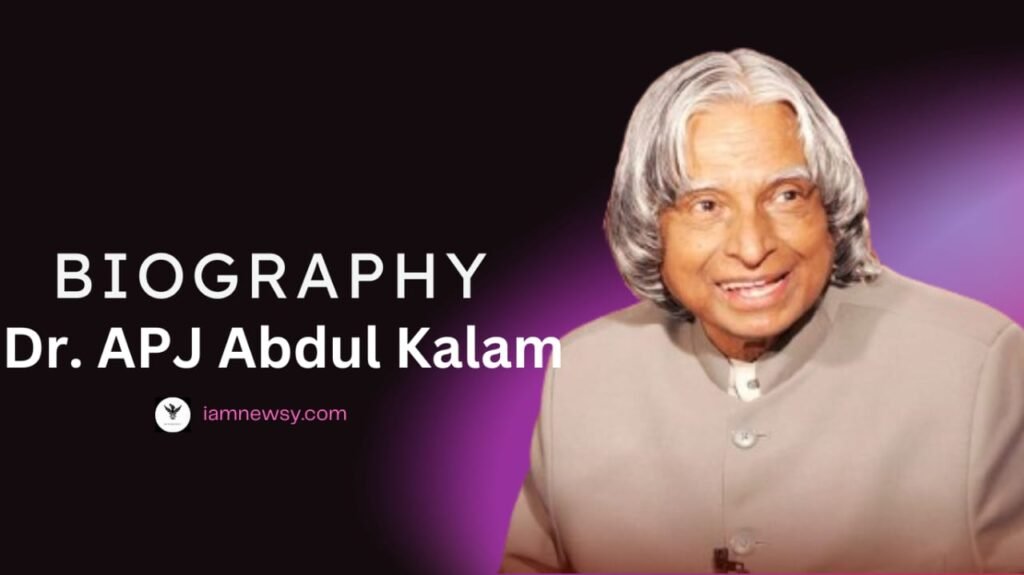Biography of Ratan Tata is a name synonymous with industrial growth, corporate responsibility, and philanthropic initiatives in India. As the former Chairman of Tata Sons, he transformed the Tata Group from a traditional family business into one of the most respected and successful conglomerates globally. Born into one of India’s most illustrious business families, Ratan Tata’s journey is not just a story of business success but also one of integrity, humility, and a deep sense of responsibility toward the development of the nation. His life is a true reflection of leadership, vision, and commitment to both industry and society. Biography of Ratan Tata
Read Ratan Tata Net Worth
join whatsaap channel for more updates whatsapp.com/channel
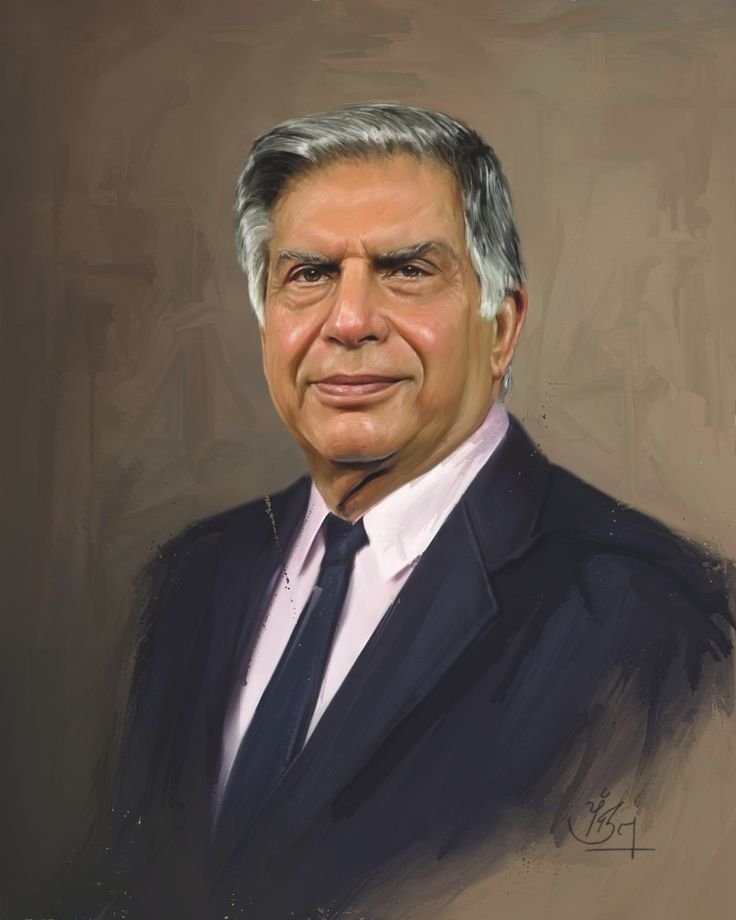
Early Life and Family Background | Biography of Ratan Tata
Ratan Naval Tata was born on December 28, 1937, in Mumbai, into the Tata family, which had already established itself as one of India’s premier industrial families. The Tata family legacy dates back to his great-grandfather, Jamsetji Tata, who founded the Tata Group in 1868. Jamsetji Tata laid the foundation of Indian industry with ventures in steel, power, and textiles, which were not only pioneering for the time but also focused on nation-building.
Ratan Tata’s father, Naval Tata, was an adopted son of Ratanji Tata, and his mother, Soonoo Tata, belonged to the elite Parsi community of India. However, his childhood was not without its challenges, as his parents divorced when he was just ten years old. Ratan and his younger brother, Noel Tata, were raised by their grandmother, Lady Navajbai Tata, in an environment that nurtured values, ethics, and discipline, which would later become the hallmarks of Ratan Tata’s leadership style. Biography of Ratan Tata
Read Biography of apj abdul kalam
Education and Early Career
Ratan Tata’s education reflects his early exposure to both Indian and international cultures. He attended the Campion School in Mumbai before moving to the Cathedral and John Connon School and later Bishop Cotton School in Shimla. After completing his schooling, he went on to study architecture at Cornell University, graduating with a Bachelor’s degree in Architecture in 1962. His love for architecture stemmed from his keen interest in design and planning, a skill set that would later influence his approach to building businesses and enterprises.
Upon completing his degree, Ratan Tata returned to India briefly but soon left to pursue the Advanced Management Program at Harvard Business School, from which he graduated in 1975. His time at Harvard played a crucial role in shaping his global outlook, exposing him to the complexities of managing large organizations and strategic leadership.
After his studies, Ratan Tata joined the family business in 1961, starting his career in the Tata Steel division, working on the shop floor alongside blue-collar workers. This experience gave him an intimate understanding of the company’s operations and a unique insight into the needs and aspirations of the workforce. It was a humbling beginning for someone born into such an affluent family, but it reflected Ratan Tata’s inherent belief in leading by example. Biography of Ratan Tata
Becoming Chairman of Tata Group
Ratan Tata’s rise to the top of the Tata Group was not without challenges. In 1991, after the retirement of J.R.D. Tata, who had led the company for over five decades, Ratan Tata took over as the Chairman of Tata Sons, the holding company of the Tata Group. At the time, many questioned his leadership capabilities, especially given the presence of powerful and experienced leaders heading the group’s various businesses.
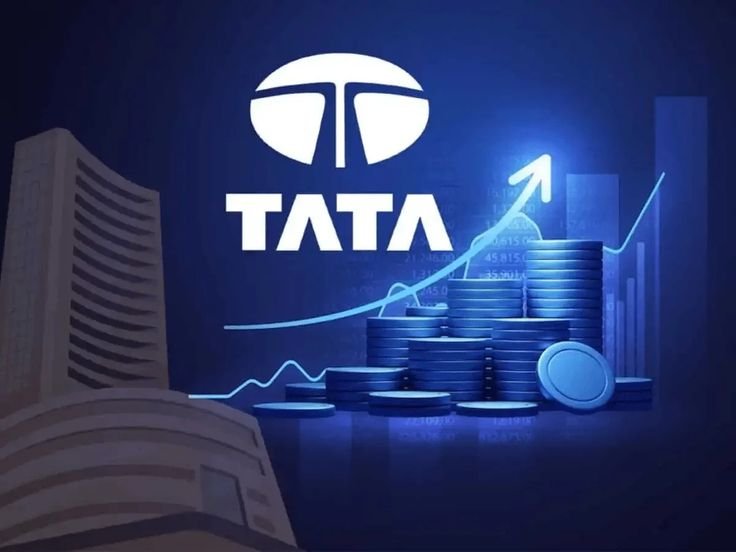
Under his leadership, however, Ratan Tata proved his critics wrong by steering the Tata Group into a new era of growth and international expansion. His strategic vision was not only to make the Tata Group a global brand but also to modernize and consolidate the company’s sprawling operations. He achieved this by streamlining operations, increasing accountability, and fostering innovation across all the group companies.
Key Achievements During Ratan Tata’s Leadership
- Global Expansion and Iconic Acquisitions:One of Ratan Tata’s most significant achievements was transforming the Tata Group into a global powerhouse. Under his leadership, the Tata Group made several high-profile international acquisitions that cemented its position as a major global player. Some of the most notable acquisitions include:
- Tetley Tea: In 2000, Tata Tea (now Tata Global Beverages) acquired Tetley, a British tea company, for $431 million, marking the first major international acquisition by an Indian company.
- Corus Steel: In 2007, Tata Steel acquired Corus, a European steel giant, for $12 billion, making Tata Steel one of the largest steel manufacturers in the world.
- Jaguar Land Rover: Perhaps the most iconic acquisition came in 2008 when Tata Motors acquired the Jaguar Land Rover (JLR) business from Ford for $2.3 billion. This move was initially met with skepticism, but Ratan Tata’s leadership turned JLR into a highly profitable venture, establishing Tata Motors as a significant global player in the automotive industry.
- Tata Consultancy Services (TCS):Ratan Tata was instrumental in growing TCS, the group’s IT services arm, into one of the largest IT services companies in the world. Under his leadership, TCS became the first Indian company to be listed on the New York Stock Exchange in 2004. Today, TCS is a global leader in IT services, consulting, and business solutions, contributing significantly to the group’s revenue.
- Tata Nano:One of Ratan Tata’s most ambitious projects was the launch of the Tata Nano in 2009. The Nano was envisioned as the world’s cheapest car, priced at ₹1 lakh (around $2,000). Ratan Tata’s vision was to provide an affordable and safe means of transportation for India’s growing middle class, especially for families that relied on two-wheelers. Though the Nano was not a commercial success, it showcased Ratan Tata’s commitment to innovation and his desire to make a meaningful impact on Indian society.
- Corporate Governance and Ethics:Ratan Tata is widely respected for his ethical leadership and strong commitment to corporate governance. During his tenure, he placed a strong emphasis on maintaining the Tata Group’s reputation for integrity and social responsibility. This was reflected in his decision to divest Tata Tea’s stake in the soft drink giant PepsiCo because of concerns over ethical issues related to their operations in India.
Philanthropy and Social Commitment
One of the most defining characteristics of Ratan Tata is his commitment to philanthropy. Unlike many business leaders, Ratan Tata has consistently emphasized the importance of giving back to society. In fact, a significant portion of Tata Sons, the holding company of the Tata Group, is owned by charitable trusts, which were established by the Tata family over a century ago to contribute to social causes.
Ratan Tata continued this legacy of giving by focusing on areas like education, healthcare, rural development, and technology. Some of the most notable philanthropic initiatives during his tenure include:
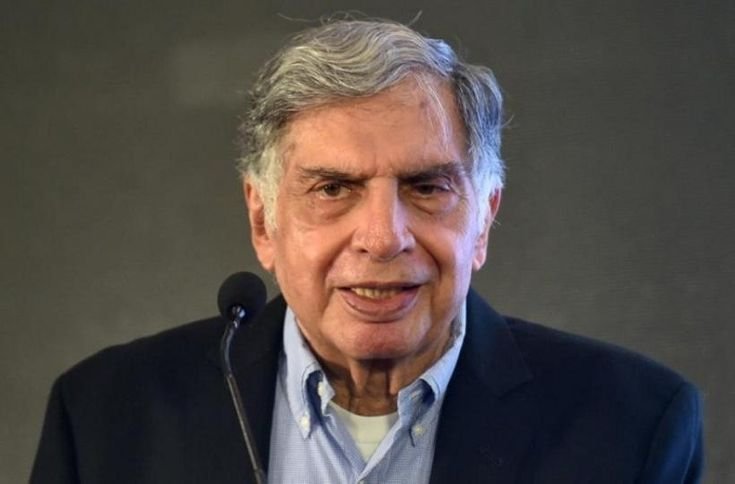
- Healthcare:Under Ratan Tata’s leadership, the Tata Trusts made significant contributions to improving healthcare in India. The Tata Memorial Hospital in Mumbai, a premier cancer treatment and research center, is one such initiative supported by Tata Trusts. Additionally, the Tata Medical Center in Kolkata and other initiatives have made a lasting impact on healthcare access and research.
- Education:Ratan Tata has long believed in the power of education to transform lives. The Tata Trusts have been instrumental in supporting various educational initiatives, including scholarships, building educational infrastructure, and promoting research. The Tata Institute of Social Sciences (TISS) and the Tata Institute of Fundamental Research (TIFR) are two prestigious institutions that have benefitted from the group’s continued support. Additionally, Ratan Tata has provided significant funding for Indian students to study abroad, including at Cornell University, his alma mater.
- Rural Development:Ratan Tata’s philanthropic vision also extends to rural development. The Tata Water Mission and various rural development programs have helped improve infrastructure, provide clean drinking water, and promote sustainable agricultural practices in India’s underserved areas.
Personal Life and Legacy
Despite his enormous wealth and influence, Ratan Tata has always led a simple and modest life. He is known for his humility and is often described as being soft-spoken, approachable, and down-to-earth. Unlike many other industrialists, Ratan Tata has never been married and leads a relatively private life, far from the public eye. His love for animals, especially dogs, is well known, and he often spends time at his seaside bungalow in Colaba, Mumbai.
Ratan Tata retired as the Chairman of Tata Sons in December 2012 but continues to serve as Chairman Emeritus of Tata Group and Tata Trusts. Even after his retirement, Ratan Tata remains actively involved in mentoring young entrepreneurs and investing in promising startups through his RNT Associates firm. Some of the startups he has invested in include Ola, Paytm, and Snapdeal, among others.
Awards and Recognitions
Ratan Tata’s contributions to business and society have been recognized globally, and he has received numerous prestigious awards, including:
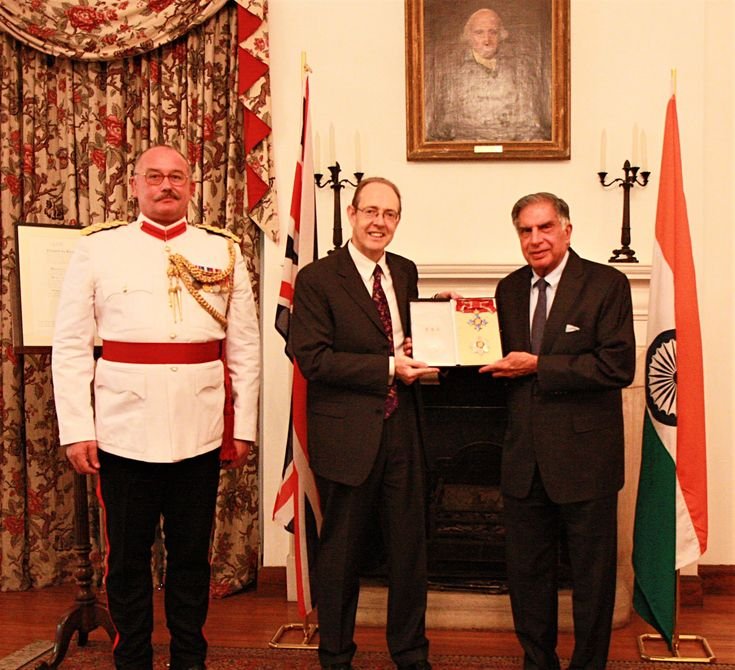
- Padma Bhushan (2000) and Padma Vibhushan (2008): India’s third and second-highest civilian honors, respectively, for his contribution to trade and industry.
- Knight Grand Cross of the Order of the British Empire (GBE): For his contribution to UK-India relations, awarded by the UK government.
- Honorary Doctorates: From several leading universities, including Harvard University, **Cambridge University
Conclusion
Ratan Tata is not only a successful business leader but also a visionary who transformed the Tata Group into a global entity, while staying committed to the group’s core values of integrity, ethics, and social responsibility. His life and career have been defined by a deep sense of duty toward the betterment of society, and his legacy will continue to inspire future generations of entrepreneurs and leaders.
Ratan Tata’s biography is a testament to how businesses, when led by purpose and ethics, can play a transformative role in the lives of people and the development of nations.
Follow on instagram iamnewys.com/instagram
Biography of Ratan Tata | Biography of Ratan Tata | Biography of Ratan Tata | Biography of Ratan Tata | Biography of Ratan Tata | Biography of Ratan Tata | Biography of Ratan Tata | Biography of Ratan Tata | Biography of Ratan Tata | Biography of Ratan Tata | Biography of Ratan Tata | Biography of Ratan Tata | Biography of Ratan Tata

